Engineering controls play a critical role in limiting the transmission of COVID-19, says Academy

Engineering controls play a critical role in limiting the transmission of COVID-19 in hospitals, according to a rapid review published today by the Royal Academy of Engineering.
The spread of COVID-19 in hospitals is a complex problem influenced by virus transmission routes, the hospital environment and how it is used, and how external people and services interact with it. The primary strategy for controlling transmission in hospitals is following the latest infection control guidance, such as that from Public Health England, on cleaning of surfaces, hand hygiene and use of personal protective equipment (PPE). However, the new review confirms that engineering solutions play a role to enhance these measures at multiple points in the system, through environmental decontamination, personal and respiratory protective equipment, hand hygiene and environmental design.
Included in the review’s recommendations is that the engineering and healthcare communities collaborate on this challenge and include human factors expertise, statisticians and epidemiologists for a holistic approach. Identifying and understanding the lessons learned from this pandemic will be a critical step to inform how future hospitals are designed and built for resilience and how the healthcare system approaches preparedness, it says.
The Academy’s rapid review outlines engineering factors that will influence the spread of COVID-19 in hospital environments. It identifies several areas where technology and design solutions may help prevent the spread of hospital onset COVID-19. These include innovations from air cleaning and ventilation to laser decontamination and anti-infection coatings. For example:
- Antimicrobial-impregnated paints and powder coatings could be used on surfaces such as bed rails and toilet handles to help reduce cross-contamination. Antibacterial products already available are now being tested for application as anti-viral coatings against COVID-19.
- Engineering could help with the speed and effectiveness of hand washing with innovative solutions such as taps that deliver water containing tiny bubbles activated by sound waves. This creates a microscopic scrubbing action that could enable faster and more effective cleaning.
- Novel laser technology could provide a faster way of decontaminating rooms, ventilators and other tools.
Dr Hayaatun Sillem CBE, Chief Executive of the Royal Academy of Engineering, says:
“The COVID-19 pandemic has impacted profoundly on health and wellbeing, daily life and the economy around the world. It is essential that we continue to work together to ensure our healthcare systems can respond effectively to COVID-19 both now and into the future. Engineering controls and solutions are vital to our response and can play a key role in creating a safe critical care environment where infection is well controlled. By working closely with healthcare professionals, social scientists and others, engineers can make a major contribution to the infrastructure and systems on which society and the economy depend, such as digital, mobility and healthcare, and in helping to control infection as we exit from the lockdown.”
Notes for Editors
1. The review of engineering controls in limiting the transmission of COVID-19 in hospitals is not meant to be comprehensive but is part of the UK engineering community’s ongoing input to government and is intended to inform further discussion and development of advice. The ideas and suggestions included in the review have been gathered from discussion with experts in healthcare and medical engineering, including partners in the National Engineering Policy Centre.
2. The Royal Academy of Engineering is harnessing the power of engineering to build a sustainable society and an inclusive economy that works for everyone.
In collaboration with our Fellows and partners, we’re growing talent and developing skills for the future, driving innovation and building global partnerships, and influencing policy and engaging the public.
Together we’re working to tackle the greatest challenges of our age.
What we do
TALENT & DIVERSITY
We’re growing talent by training, supporting, mentoring and funding the most talented and creative researchers, innovators and leaders from across the engineering profession.
We’re developing skills for the future by identifying the challenges of an ever-changing world and developing the skills and approaches we need to build a resilient and diverse engineering profession.
INNOVATION
We’re driving innovation by investing in some of the country’s most creative and exciting engineering ideas and businesses.
We’re building global partnerships that bring the world’s best engineers from industry, entrepreneurship and academia together to collaborate on creative innovations that address the greatest global challenges of our age.
POLICY & ENGAGEMENT
We’re influencing policy through the National Engineering Policy Centre – providing independent expert support to policymakers on issues of importance.
We’re engaging the public by opening their eyes to the wonders of engineering and inspiring young people to become the next generation of engineers.
For more information please contact:
Jane Sutton at the Royal Academy of Engineering
T: 0207 766 0636;
E: Jane Sutton







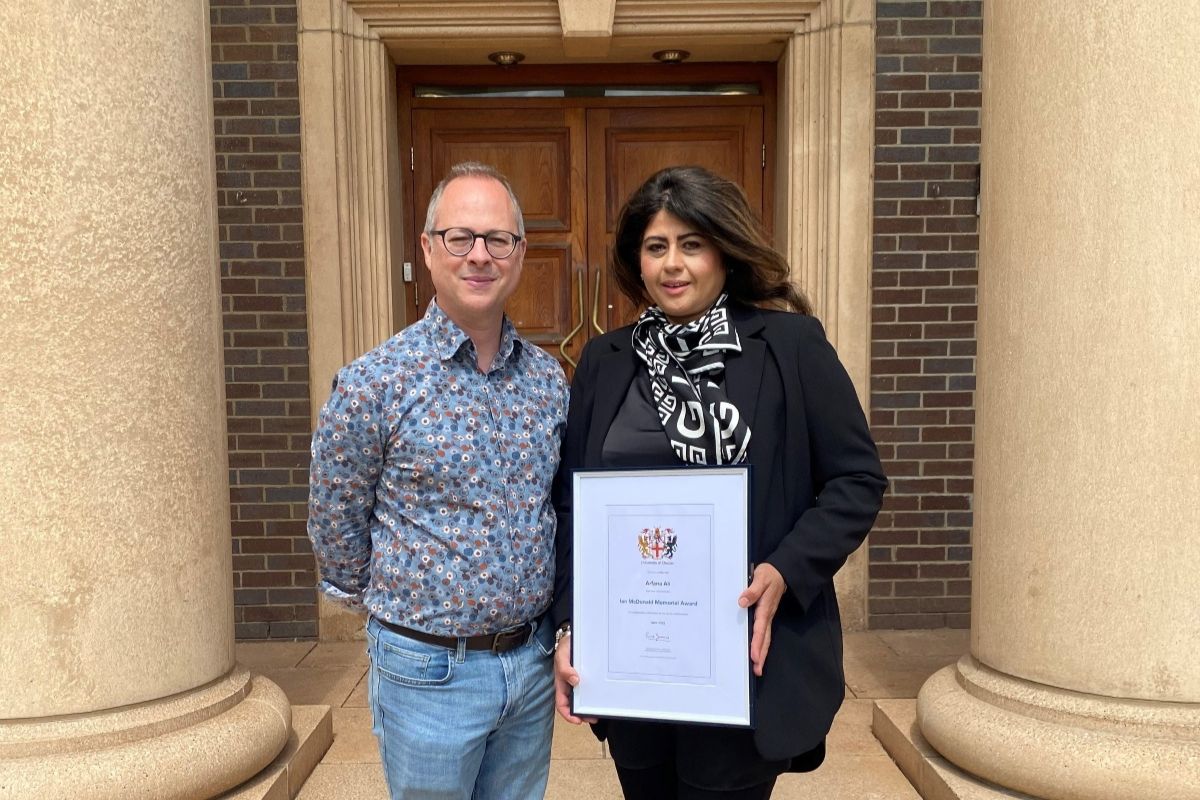
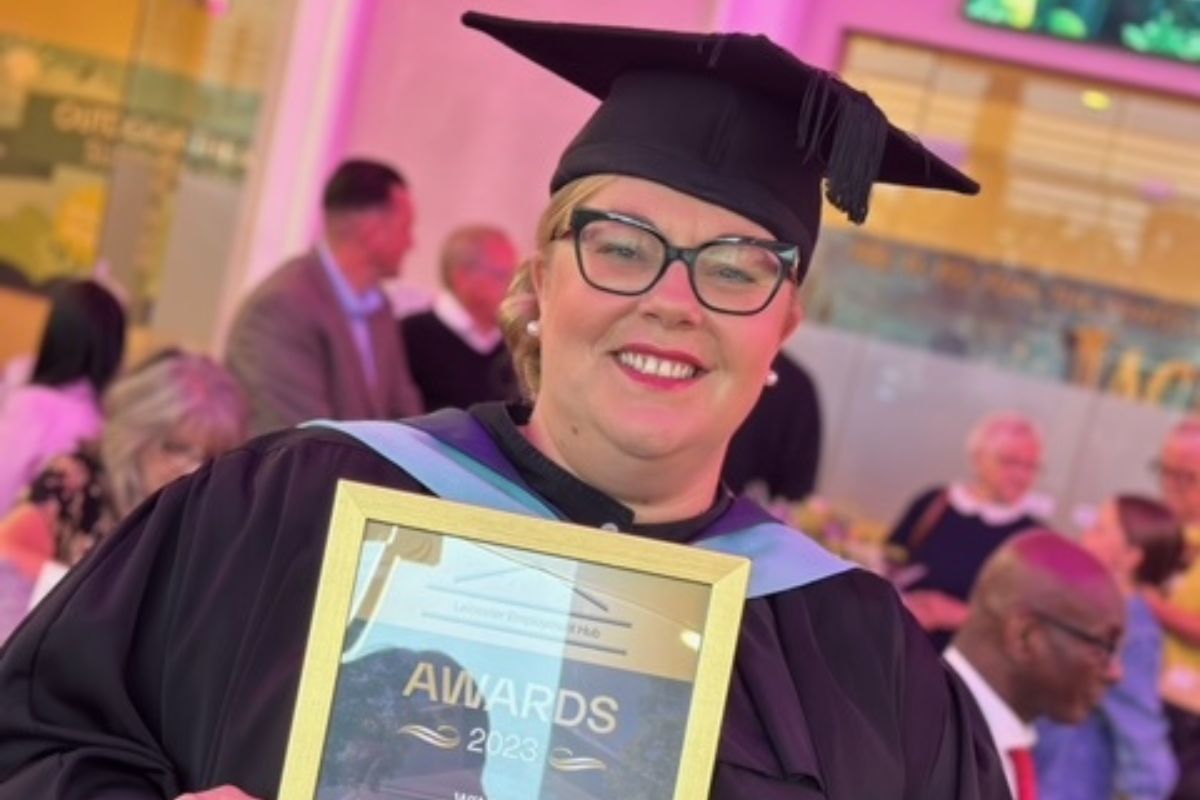
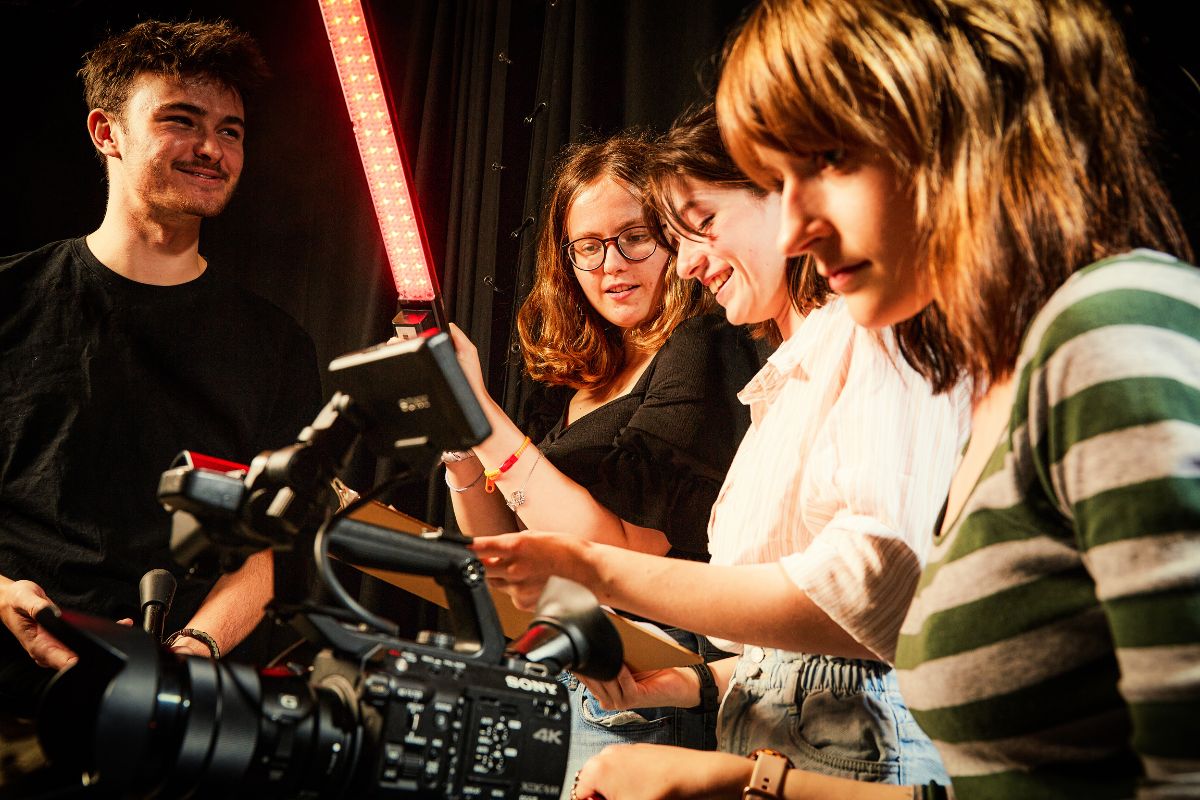
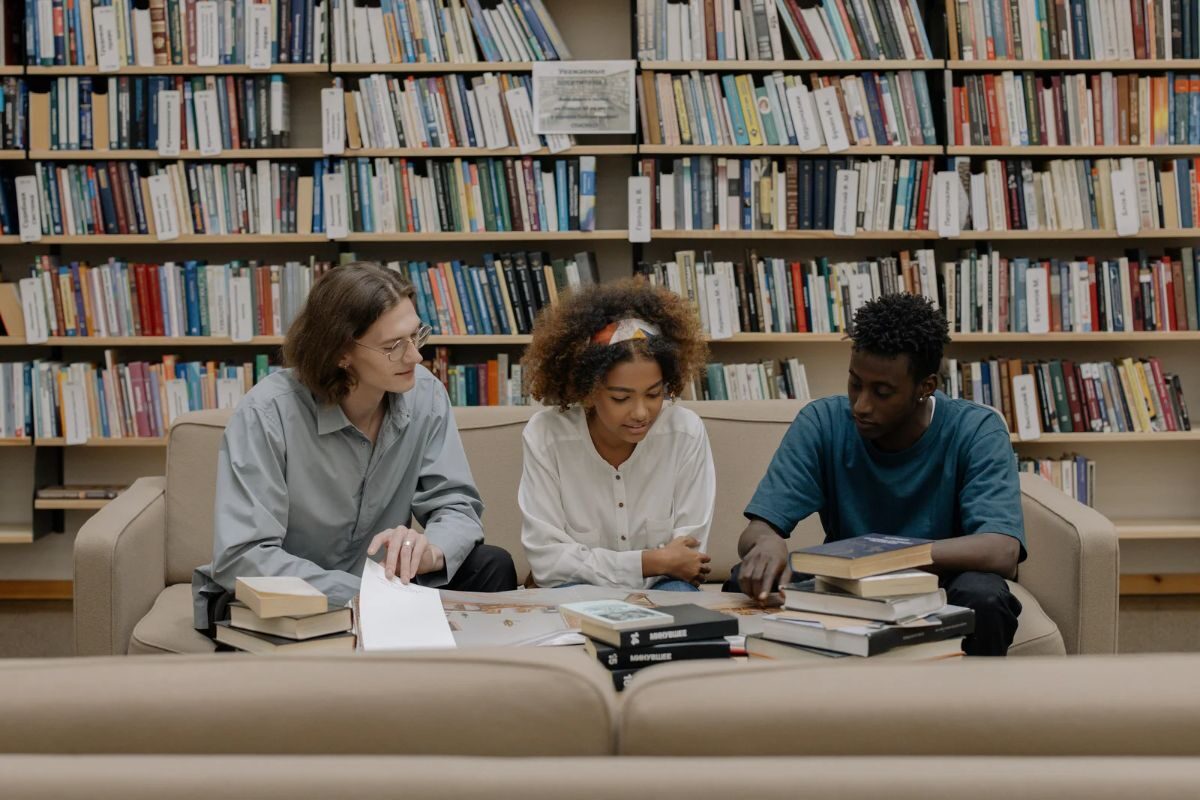
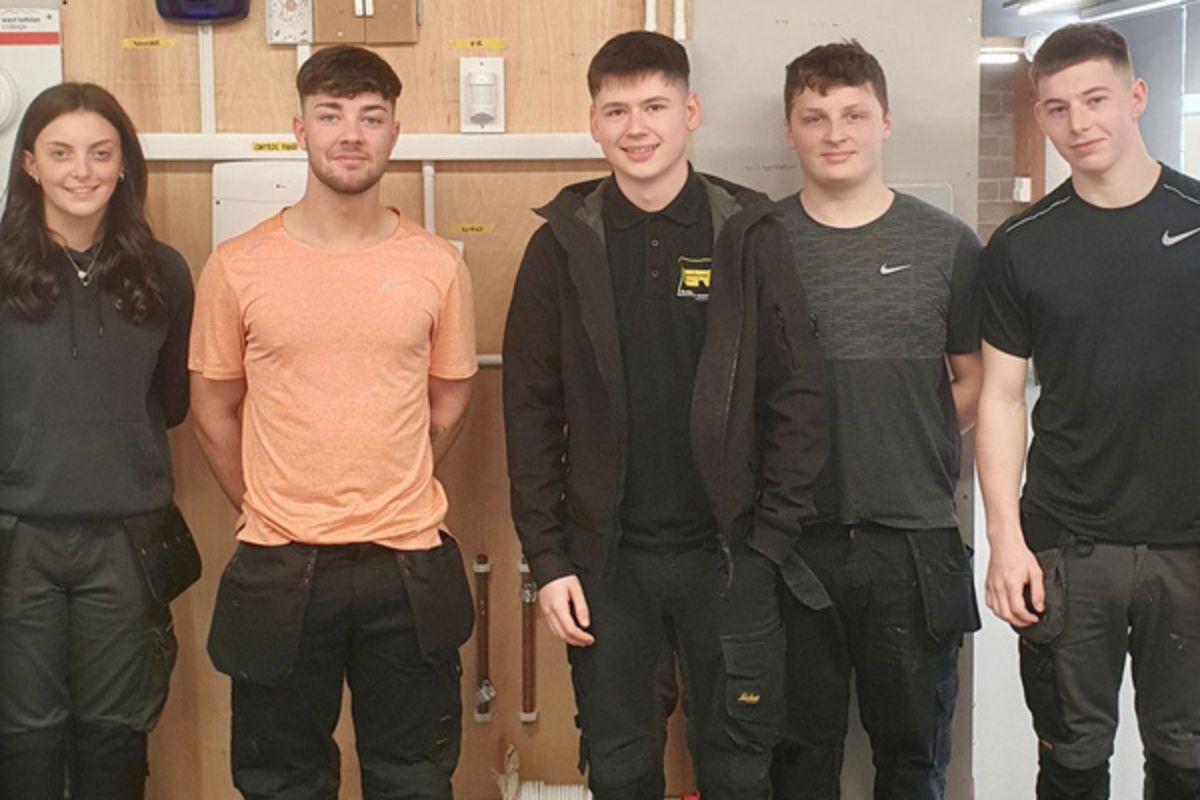
Responses